Medvedev’s Clarity and Ambition: Constant Progress to Narrow the Gap with the Elite
In Almaty, Kazakhstan, Medvedev secured the 21st ATP Tour championship of his career. However, more revealing than the title was his honest analysis afterward, which vividly portrayed this ex-world number one’s role and inner vision in the current men’s tennis scene: a lucid contender who acknowledges the existing gap while holding onto strong aspirations.
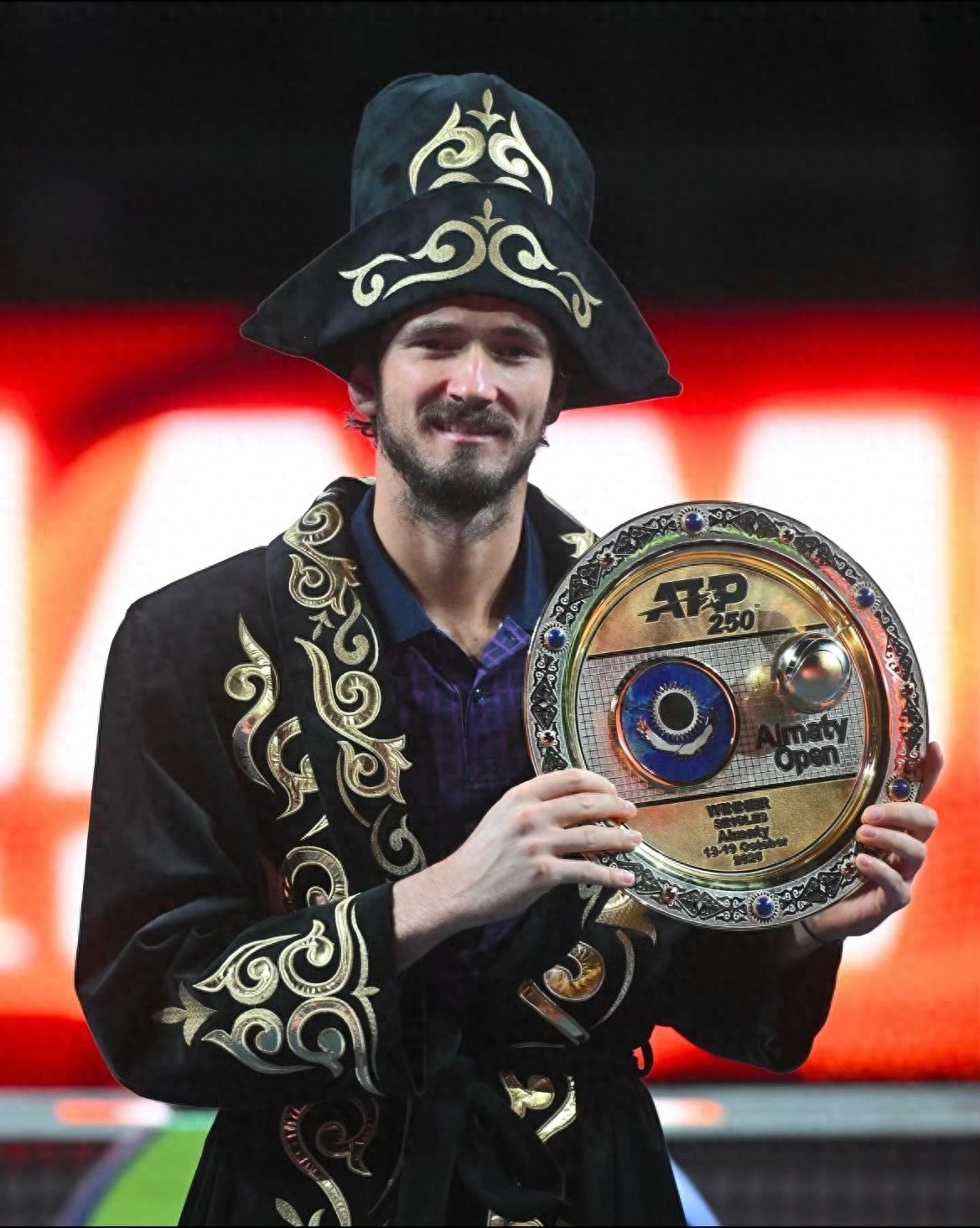
When asked about the difference between himself and the two hottest young players in tennis today—Alcaraz and Sinner—Medvedev’s response was straightforward, without any evasion or excuses.“The issue is that I haven’t faced them this year because my form wasn’t good enough to match their level. They were playing exceptionally well and often defeated me.” This statement was calm and objective. He highlighted a crucial fact: tennis competition is dynamic, and fluctuations in form directly influence match outcomes. During a season when Alcaraz and Sinner surged forward, beating nearly everyone, Medvedev naturally felt the significant gap due to not being at his best.
This honesty is not a sign of weakness but a mark of a top athlete grounded in reality. He clearly recognized the chasm between his current state and his peak, without blaming luck or external factors, instead pinpointing the core issue—his own condition.
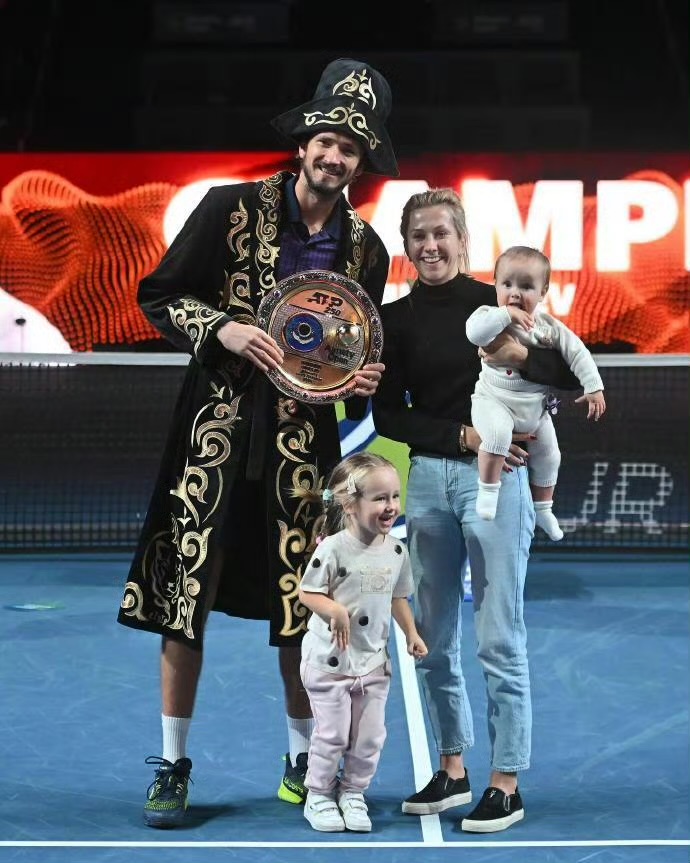
However, admitting the gap does not mean surrender. Medvedev immediately demonstrated his deep understanding of tennis’s nature: “But tennis matches change in an instant; anything is possible.”
He gave a compelling example: “When it was hot in Shanghai, Sinner experienced cramping.” This detail cleverly reveals the unpredictability of tennis. Even the strongest opponents are subject to countless variables like environment, physical condition, and in-the-moment performance. This is not just a physical observation but also a psychological insight. He believes that as long as he stays among the elite, opportunities will arise. This patient readiness is a precious quality only seasoned veterans possess.
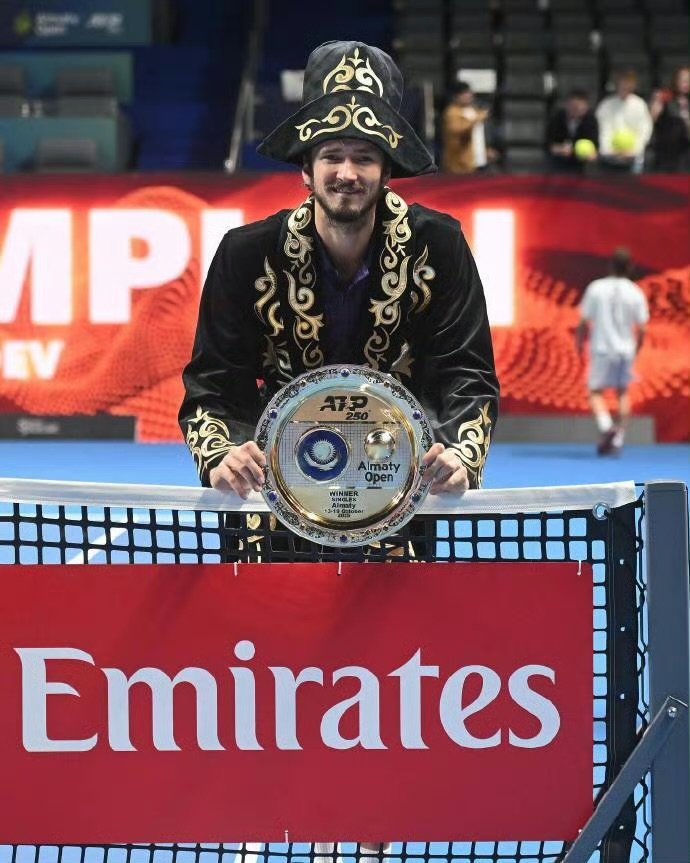
The most substantial part of his argument, reflecting Medvedev’s competitive philosophy, is the solution he proposes. He does not rely on opponents’ decline but focuses entirely on himself.“As for me, if I keep improving as I am now, the gap will narrow—not because they get worse, but because I play better.”
This statement is powerful. It rejects all external attributions and internalizes the motivation to change the status quo. It embodies the mindset of a strong competitor: the chase depends not on others stumbling but on ensuring continuous forward movement. The Almaty title is undoubtedly a positive sign in his ongoing progress, a solid step toward rebuilding confidence and refining his skills and tactics.
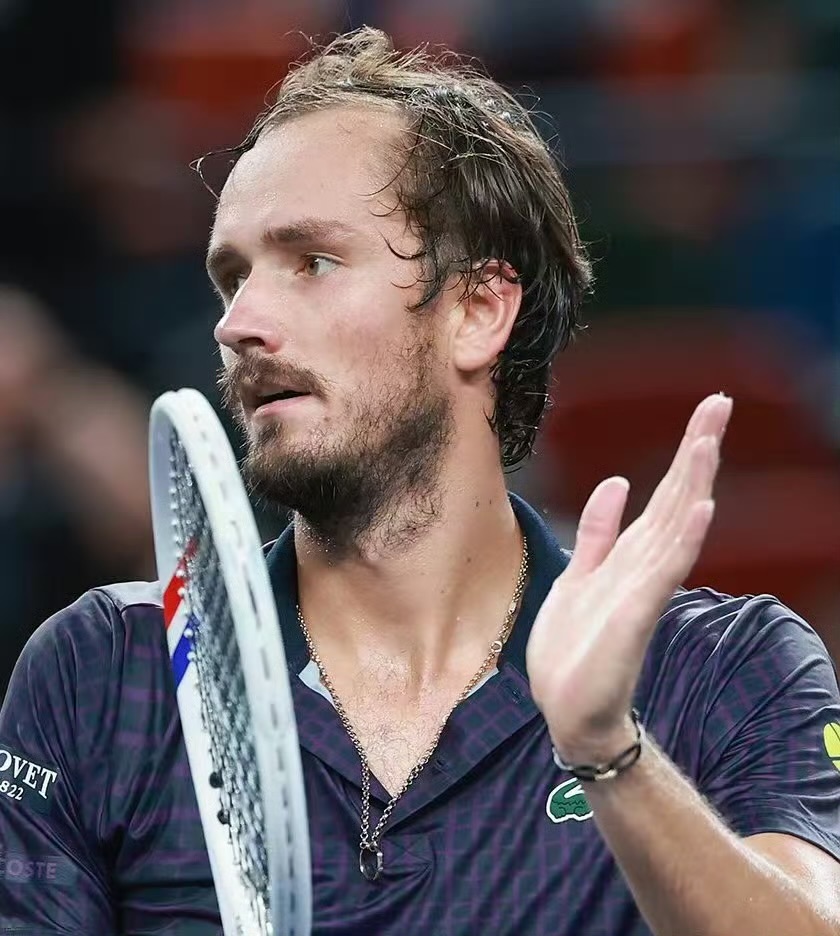
Today’s Medvedev walks a clear path. With a clear mind, he acknowledges the distance to the leaders; with the wisdom of a philosopher, he perceives the endless possibilities within the game; and with the determination of a warrior, he devotes all efforts to the fundamental task of self-improvement.
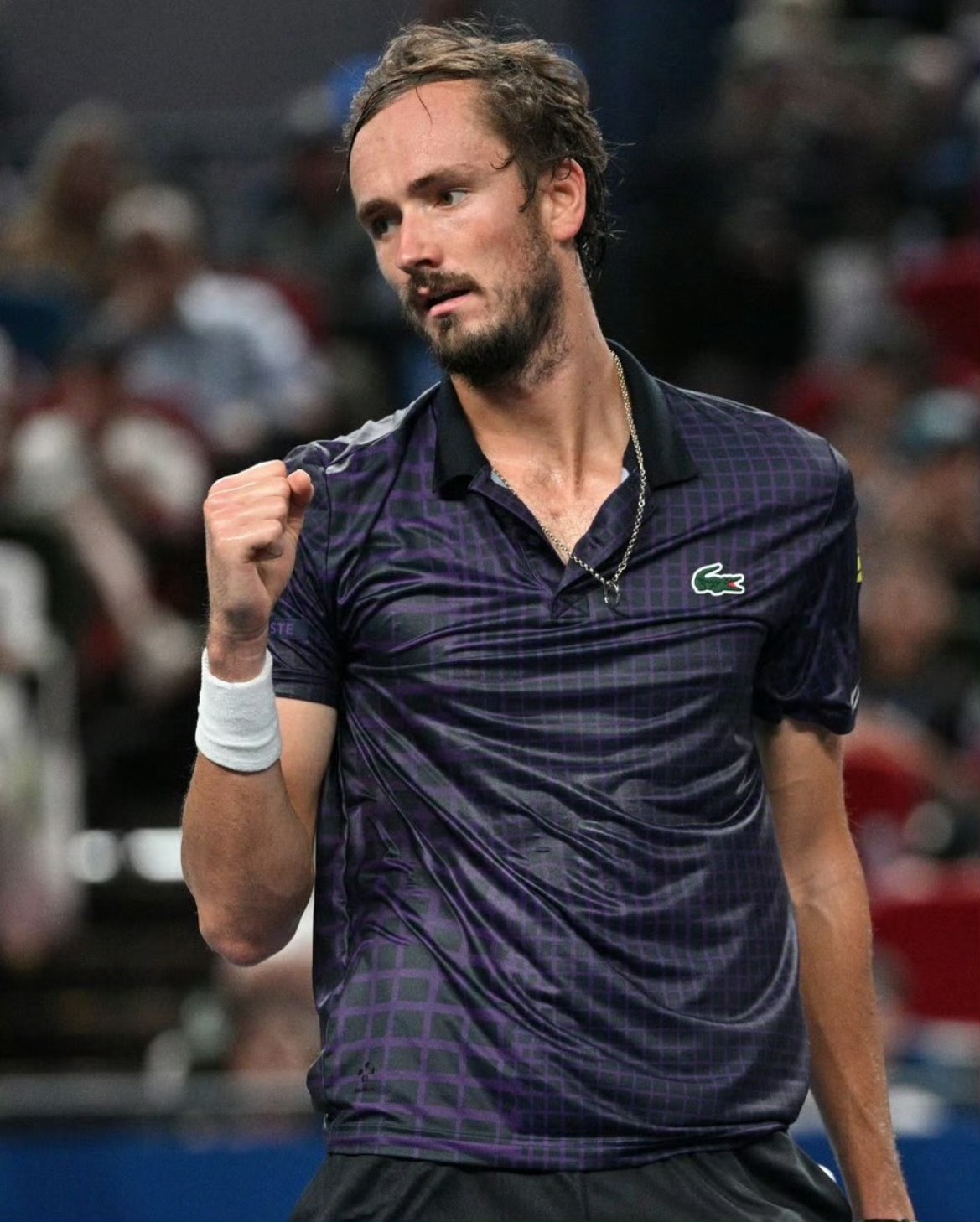
For a player who has long proven his strength, this process of reflection and growth amid ups and downs is far more valuable than a single victory. When a pursuer no longer feels anxious but focuses solely on the next shot and the next match’s progress, who can say the ever-changing tennis world won’t soon write a new chapter for him? The gap between Medvedev and the top is waiting for him to measure and overcome it through continuous advancement.(Source: Tennis Home Author: Mei)







 Links
Links
 Contact
Contact
 App
App


